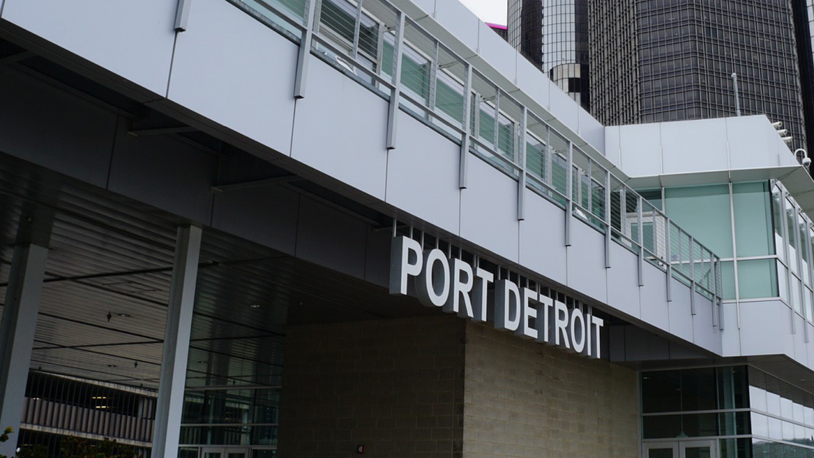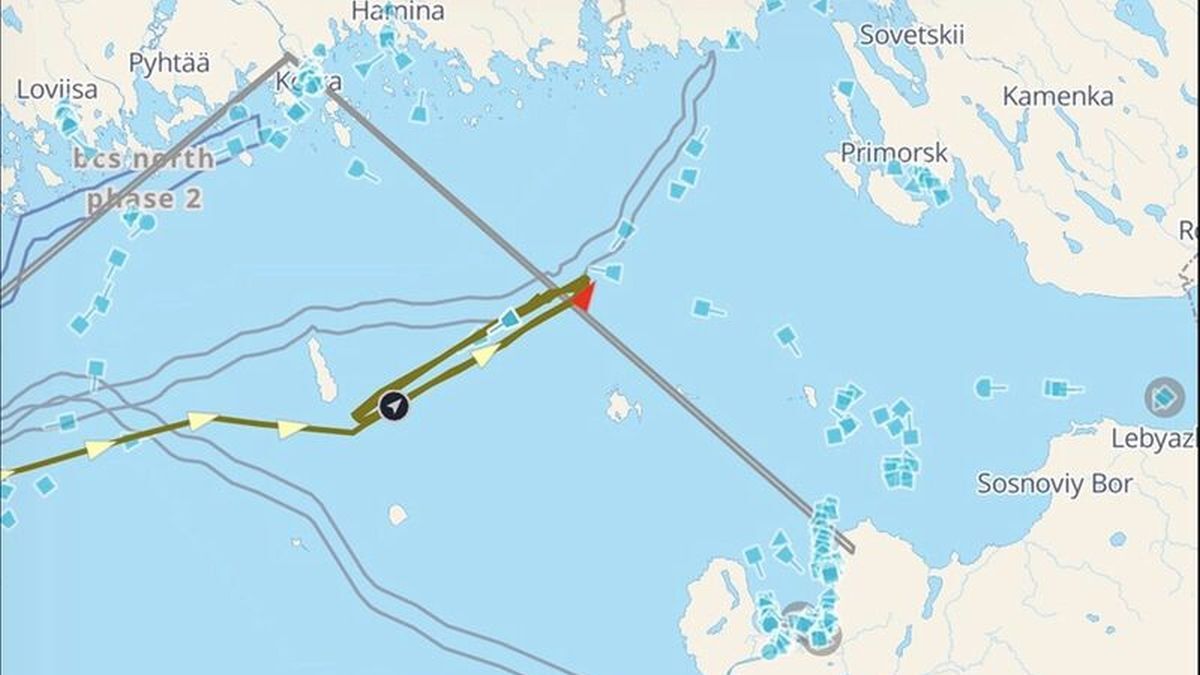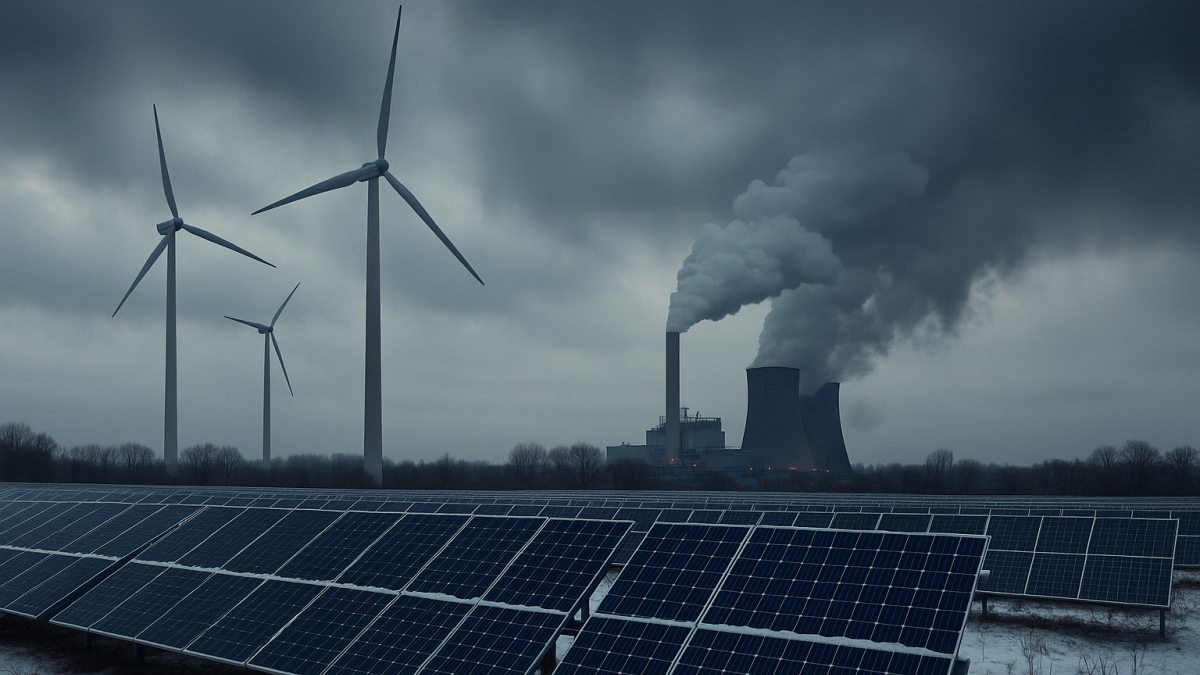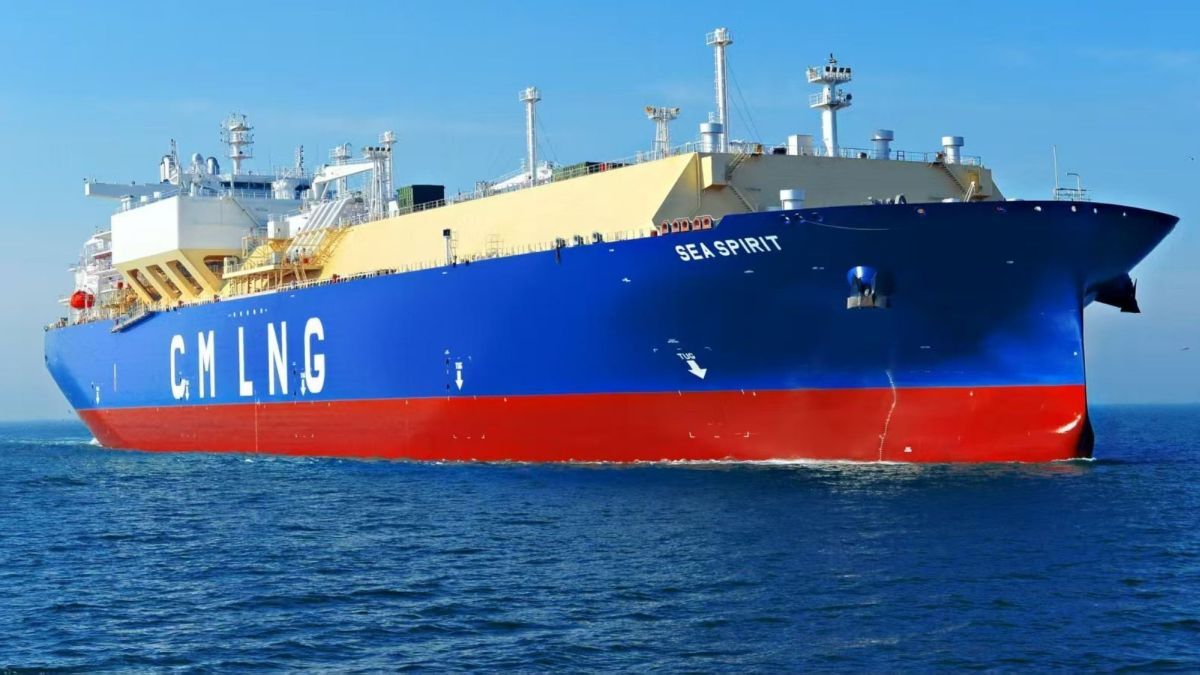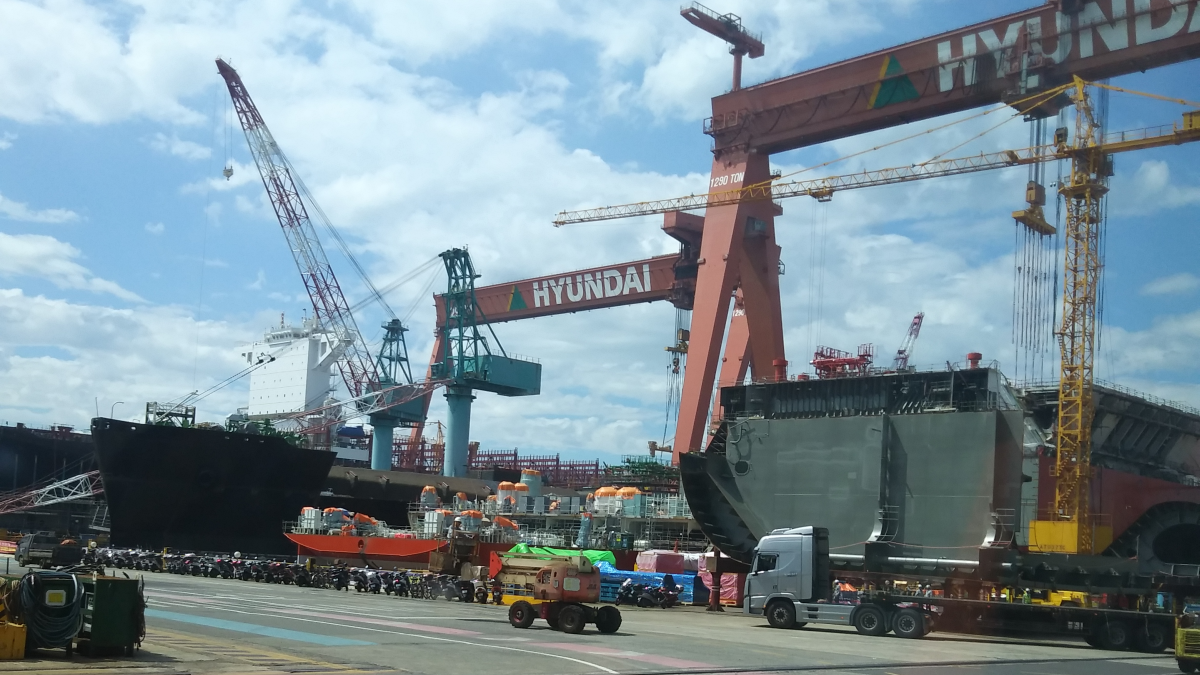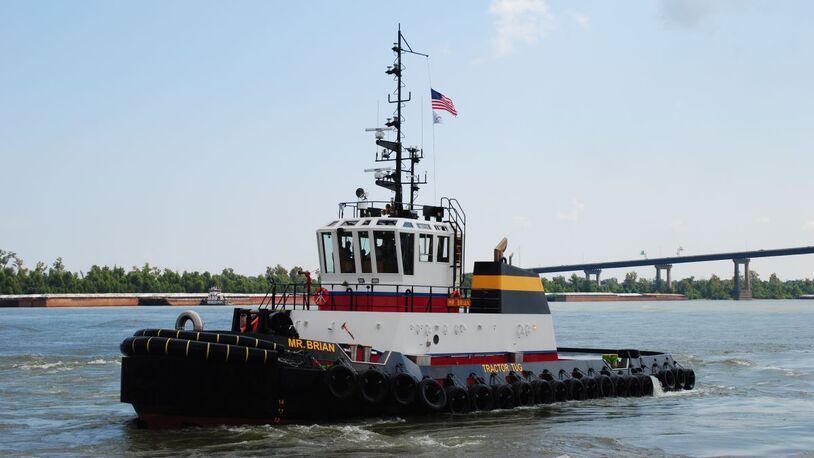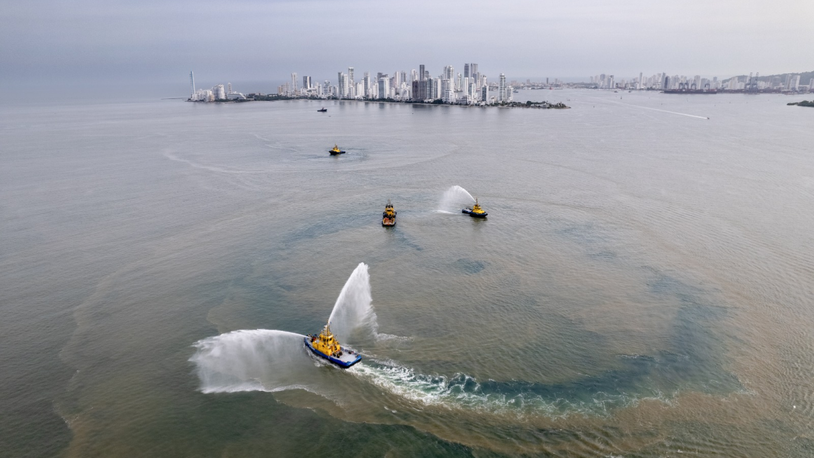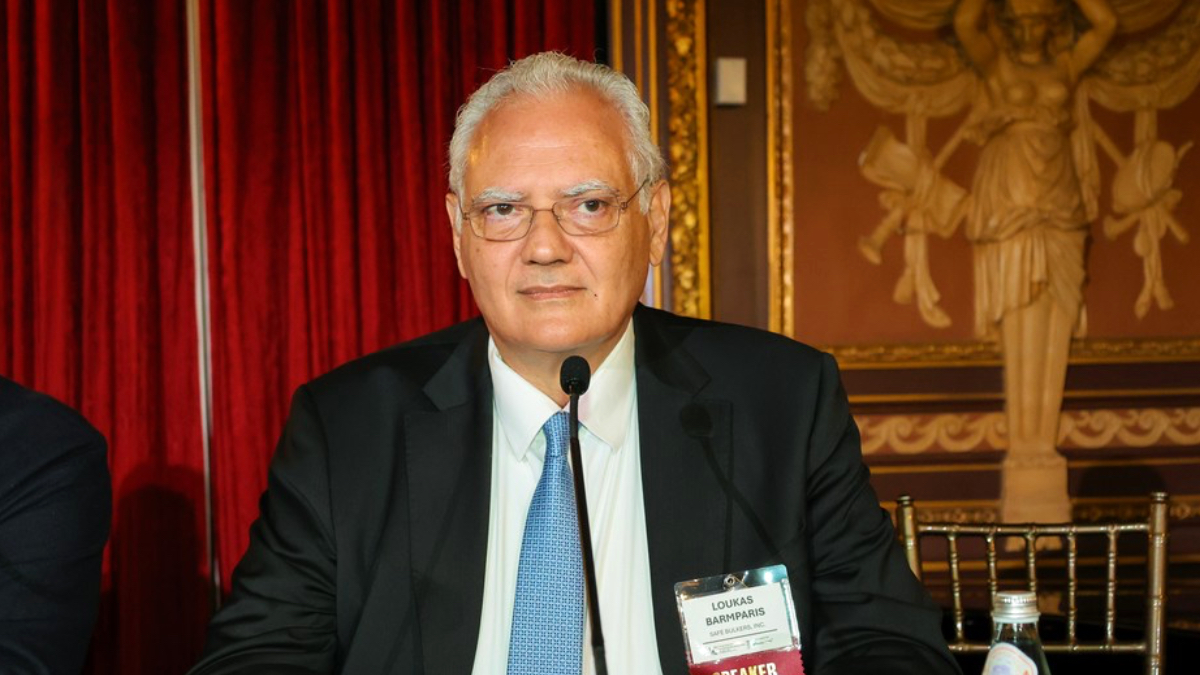Business Sectors
Events
Contents
Register to read more articles.
Vessel electrification, biodiesel form backbone of Port of Detroit’s net-zero plans
Vessels, lorries and cargo-handling equipment will be converted to run on biodiesel and renewable electricity at one of North America’s Great Lakes’ busiest ports
Biofuels and electrification will be introduced for vessels within the Port of Detroit after the operating authority approved a roadmap to reach net-zero carbon emissions by 2040.
The Detroit/Wayne County Port Authority has unveiled details of an ambitious plan to reduce carbon emissions, starting this year and reaching next zero within 15 years.
There are plans to significantly reduce the port’s carbon footprint by immediately introducing biodiesel, which an environmental consultant said emits 74% fewer emissions than traditional diesel. Plans are also in place to transition larger ships to biodiesel, smaller vessels to battery-electric propulsion and port equipment and lorries to electric and hydrogen power.
“We must work to convert from fossil fuels to zero-emissions power sources in our ships, port equipment and trucks by 2040 to avoid the catastrophic effects of climate change,” said Detroit Port Authority executive director Mark Schrupp.
“But we are not just concerned about 2040. The steps we are announcing will have an immediate impact on air quality and will improve the lives of residents in our community.”
The first action for the port authority is to establish a baseline of carbon emissions by terminal operations using 2022 data.
Next will be converting 50% of lorries in the port to biodiesel by 2027 and electrifying half of the small vessels within the terminals and harbour by 2030.
Detroit/Wayne County Port Authority worked with UK-headquartered Tunley Environmental and received funding from the State of Michigan to develop the plan to reduce carbon emissions to net zero by 2040.
It established the port region was responsible for 27,869 tonnes of CO2 equivalent emissions per year and other pollutants, such as NOx and particulate matter was having a detrimental effect on health in the community.
“Southwest Detroit and downriver communities have some of the highest asthma rates in the country,” said Southwest Detroit Environmental Vision executive director Raquel Garcia.
“The plans announced – such as converting to biodiesel fuel immediately – will improve the quality of the air we breathe.”
The net-zero plan advocates the transition to electric and hydrogen-powered port equipment and vessels, and continued research for a zero-emissions replacement fuel for cargo ships.
“This report is not an end, but a beginning in the Port of Detroit’s road to becoming a sustainable port and reducing carbon emissions to net zero by 2040,” said the port authority’s chairman and Wayne County commissioner Jonathan Kinloch.
“We envision a port that is economically and environmentally viable, where good jobs, growing businesses and clean air can thrive together. This plan helps set a course for us to follow.”
By 2030, 50% of large cargo ships should be on biodiesel, 50% of smaller vessels electrified, all cargo handling equipment running on biodiesel and all electricity the port consumes be sourced from renewable sources. The port also expects half its lorries to be hydrogen or electric-powered with the rest on biodiesel.
“A beginning in the Port of Detroit’s road to becoming a sustainable port and reducing carbon emissions to net zero by 2040”
Under the plan, by 2035, 80% of small vessels will be electrified and 80% of ships on biodiesel, all goods handling will be 100% emissions free and 80% of lorries will be hydrogen or electric powered. A green hydrogen production and distribution hub could be established in the mid-west region by 2033.
By 2040, all ships should run on biodiesel, smaller vessels using batteries, while hydrogen or other zero-emissions fuels will be phased in, while all lorries will be on 100% emissions-free fuels – either hydrogen or electric.
The Port of Detroit is one of the largest inland ports in the US, located along the Detroit and Rouge Rivers within Wayne County, between Lake Erie and Lake St Clair.
Detroit/Wayne County Port Authority oversees the port, which is made up of marine terminals handling general, liquid and bulk cargo and passengers. It estimates around 420 vessels called at the port in 2022.
Tunley Environmental has an ongoing contract to support the port authority with implementing low-carbon technologies. It led the year-long project to produce the plan for net zero by 2040 and ascertain existing emissions using data and operational information voluntarily shared by terminal operators in the port.
An outlook for the use of biofuels in marine applications will be presented at Maritime Decarbonisation, Europe: Conference, Awards & Exhibition 2024
group strategic business development manager John MacKenzie will provide a summary of the latest developments in biofuels and their maritime applications.
Maritime Decarbonisation, Europe: Conference, Awards & Exhibition 2024address critical environmental issues head-on. Focused on the industry’s energy transition, the conference offers a comprehensive forum for stakeholders across the maritime sector to explore solutions and strategies for achieving low-carbon shipping and zero-emissions shipping.
Port of Detroit case study:
www.tunley-environmental.com/en/case-studies/port-of-detroit. Click or tap if you trust this link." href="https://eur02.safelinks.protection.outlook.com/?url=https%3A%2F%2Fwww.tunley-environmental.com%2Fen%2Fcase-studies%2Fport-of-detroit&data=05%7C02%7Cmartyn.wingrove%40rivieramm.com%7C9681834793854b63563908dccb29371e%7C14c1763a77034ff6a46ee1dde4e04b36%7C0%7C0%7C638608625131940128%7CUnknown%7CTWFpbGZsb3d8eyJWIjoiMC4wLjAwMDAiLCJQIjoiV2luMzIiLCJBTiI6Ik1haWwiLCJXVCI6Mn0%3D%7C0%7C%7C%7C&sdata=6rmsWMiq1ibA4bzAfuc9NOdmscfUWN5a0iV%2BV4h1b4Q%3D&reserved=0" target="_blank" rel="noopener noreferrer" data-auth="Verified" data-linkindex="1">www.tunley-environmental.com/en/case-studies/port-of-detroit
Related to this Story
Events
Offshore Support Journal Conference, Americas 2025
LNG Shipping & Terminals Conference 2025
Vessel Optimisation Webinar Week
© 2024 Riviera Maritime Media Ltd.


